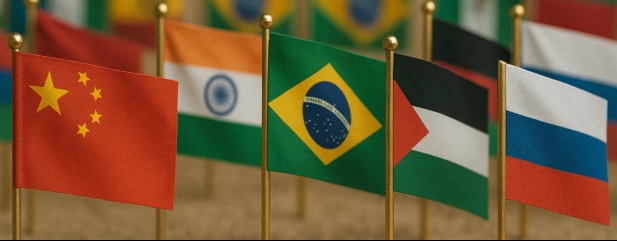Archived article
Please note that tax, investment, pension and ISA rules can change and the information and any views contained in this article may now be inaccurate.
How do valuations on Chinese shares compare to other emerging markets?

AJ Bell is an easy to use, award-winning platform Open an account
We've accounts to suit every investing need, and free guides and special offers to help you get the most from them.
You can get a few handy suggestions, or even get our experts to do the hard work for you – by picking one of our simple investment ideas.
All the resources you need to choose your shares, from market data to the latest investment news and analysis.
Funds offer an easier way to build your portfolio – we’ve got everything you need to choose the right one.
Starting to save for a pension, approaching retirement, or after an explainer on pension jargon? We can help.
Please note that tax, investment, pension and ISA rules can change and the information and any views contained in this article may now be inaccurate.

Chinese shares, as represented by the MSCI China index, have outperformed wider emerging markets in the first part of 2025 but, overall, valuations still lag those seen in the wider developing and developed world.
As at 31 May, constituents of the MSCI China index traded on an average forward PE (price to earnings) ratio of 11 times. This compares with 12.2 times for the MSCI Emerging Markets index and 18.1 times for the global MSCI ACWI (All-Countries World Index).
On a price to book basis, MSCI China is on 1.5 times compared with 1.8 for the broad emerging markets index and 3.2 for the MSCI ACWI.
Comparing China with other major individual emerging markets, constituents of the MSCI India index trade at a significant premium on a forward PE of some 22.3 times and a price to book value of 3.9 times. Meanwhile, MSCI Taiwan is on a forecast PE of 14.6 times and a price to book of 2.7 times.
MSCI Korea and MSCI Brazil are examples of emerging markets which look optically cheaper than China. MSCI Korea has a PE of 8.5 and a price to book of 0.96 and MSCI Brazil has a PE of 8.1 – although the latter trades at a slight premium to MSCI China in price to book terms with a ratio of 1.6 times.
This outlook is part of a series being sponsored by Templeton Emerging Markets Investment Trust. For more information on the trust, visit www.temit.co.uk
These articles are provided by Shares magazine which is published by AJ Bell Media, a part of AJ Bell. Shares is not written by AJ Bell.
Shares is provided for your general information and use and is not a personal recommendation to invest. It is not intended to be relied upon by you in making or not making any investment decisions. The investments referred to in these articles will not be suitable for all investors. If in doubt please seek appropriate independent financial advice.
Investors acting on the information in these articles do so at their own risk and AJ Bell Media and its staff do not accept liability for losses suffered by investors as a result of their investment decisions.
The value of your investments can go down as well as up and you may get back less than you originally invested. We don't offer advice, so it's important you understand the risks, if you're unsure please consult a suitably qualified financial adviser. Tax treatment depends on your individual circumstances and rules may change. Past performance is not a guide to future performance and some investments need to be held for the long term.
 magazine
magazine